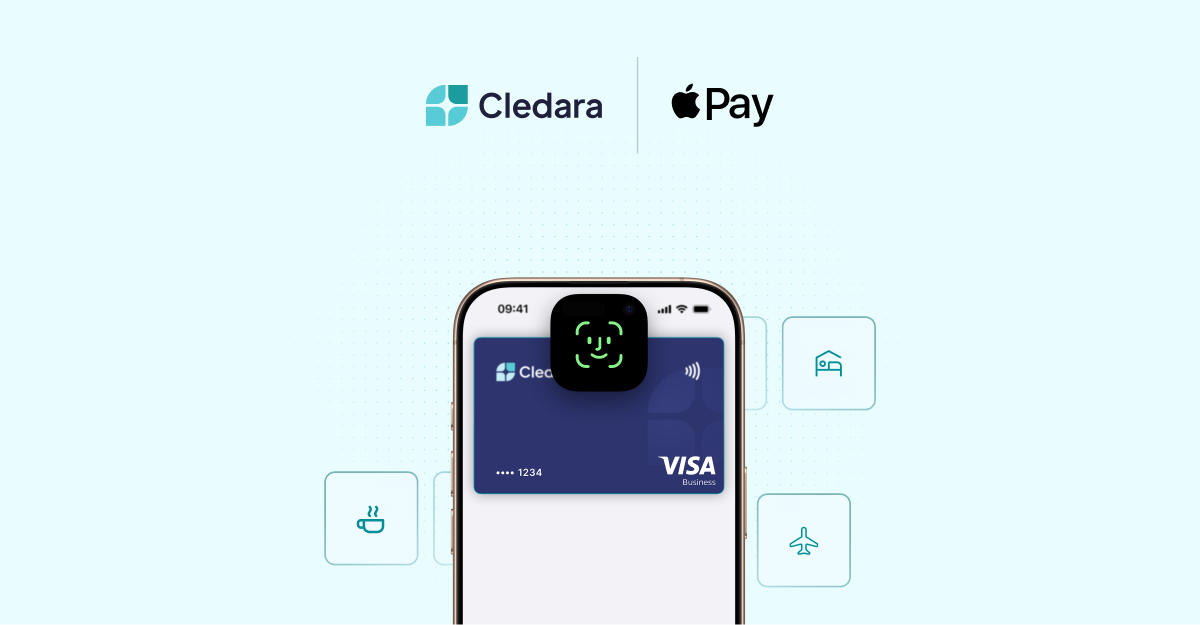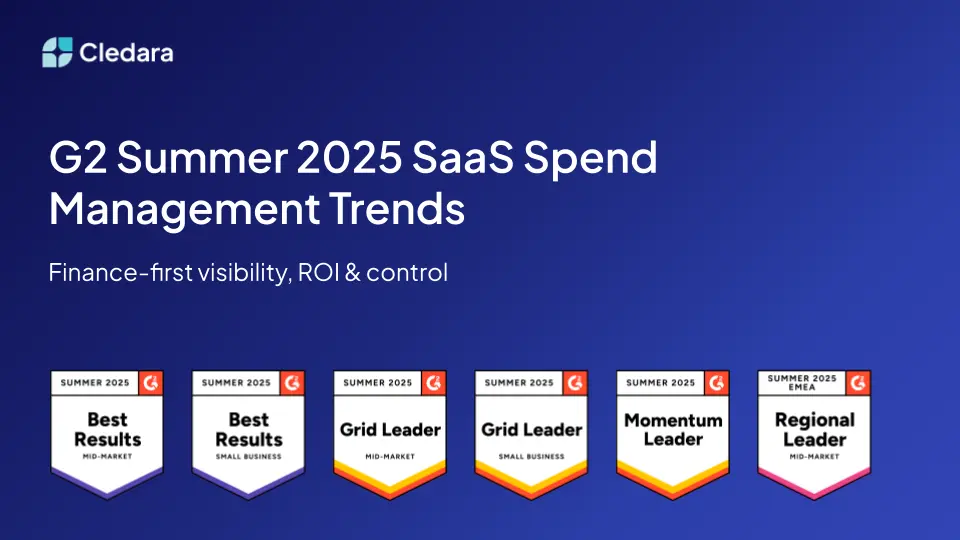Social impact start-ups are on the rise and SaaS companies are through the roof. Think about it: aren’t we in front of a tremendous opportunity to do good? Or, in tech terms: to scale good?
At Cledara, we believe we are. And that is why we are proud to announce our most recent partnership with Project Access, an organisation that is levelling the playing field for education.
Project Access: access to a top-notch education**
Project Access is right at the heart of democratising education.
To combat inequality, Project Access not only encourages, but also guides students from less privileged backgrounds through their university application process. And they do it for free.
So far, more than 5,000 students from top universities have signed up for the mentorship programs and the organization is already backed by top-class partners such as Transferwise, EY and the World Economic Forum.
At Cledara, we believe that a world of fairness and equality of opportunity is a world that we want to help build and that education is a great way to start. That is why we are so proud to partner with the Project Access team.
SaaS as an enabler of social impact scalability**
Here lies the exciting bit.
Just like a company, the SaaS that Project Access uses grows every day and gets harder to control. Finding the owner of a subscription, tracking the invoices of all SaaS used internally (also don’t forget that these apps often store customer data, and so keeping track of them becomes a must) and, most importantly, given the nature of Project Access, keeping track of the SaaS budget becomes a bigger challenge every day.
“Here at Project Access we are excited to partner with Cledara in reducing the time-drain of SaaS management"
Takashi Lawson, Global Director of Finance & IT for Project Access, said: “Here at Project Access we are excited to partner with Cledara in reducing the time-drain of SaaS management. That means more time spent on what matters most for us - supporting our mentees from less privileged backgrounds in applying to top universities across the world.”
We are excited to be able to solve SaaS for Project Access. With Cledara, Project Access will be able to govern and control its SaaS products across the entire team, no matter how fast it scales (which will hopefully be at rocket-pace) and no matter where its team is located.
Project Access is a perfect example of how Cledara can help bring visibility and control, as well as significant savings of money and time to businesses.
Cristina Vila, Founder and CEO of Cledara, said: “As a global organisation using cloud software to scale their operations to thousands of people, Project Access is a perfect example of how Cledara can help bring visibility and control, as well as significant savings of money and time to businesses. The whole Cledara team is honoured to be able to help Project Access improve access to education for more students all around the world.”
SaaS start-ups have also a little heart, haven’t we?
Social impact startups at an all-time high**
Project Access is not alone. It belongs to an unstoppable wave of social impact, which does not only include charities but also startups that have decided to designed their business models to do good in the world. As Chidike Samuelson states in his article in the Entrepreneur magazine: “it is becoming increasingly necessary for businesses to integrate a social impact angle, not just as an extra, but as a core part of their business strategy”.
In a similar line of thought, John Thornhill reminds us in his FT article that the younger generations are already showing signs of a greater social conscience than their predecessors. He illustrates such a theory with the example of Avi Schiffmann. Mr. Schiffman is a 17-year-old who, during the lockdown, developed his own coronavirus data-tracking site, launched a Black Lives Matter platform, and is working on a project to provide US voters with reliable information ahead of November’s presidential elections. All of it from his bedroom.
Thornhill also relies on the example of the Manchester United footballer, Marcus Rashford (22), who managed to mobilise his online community to pressure the British government to provide free school meals for underprivileged children during the summer holidays.
We are happy to, in our way, be part of this exciting social impact wave. Hopefully, this collaboration with Project Access will inspire many more initiatives!










.webp)

.webp)

-min%20(1).png)




